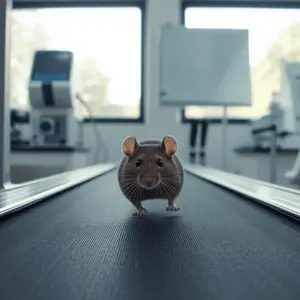

WELLthier Living and Aging

WELLthier Living and Aging
Caffeine May Increase Risk of Blinding Eye Disease
A recent study found that consuming large amounts of caffeine may cause blindness. Led by the Icahn School of Medicine at Mount Sinai, the study found that frequently ingesting caffeine could more than triple the risk of glaucoma for those genetically predisposed to higher eye pressure. Since glaucoma is the leading cause of blindness in the United States, this is a significant finding.
Published in the June 2021 issue of Ophthalmology, it is the first study to demonstrate that diet can interact with genetics to cause glaucoma. Researchers looked at the impact of caffeine intake on glaucoma, and intraocular pressure (IOP), the pressure inside the eye. Elevated IOP indicates a risk for developing glaucoma, which is an important factor to monitor since patients with glaucoma experience few or no symptoms until the disease progresses and they experience vision loss.
Analyzing the records of more than 120,000 participants between 2006 and 2010, aged 39 to 73 years old, DNA samples were collected, dietary questionnaires answered, and family histories recorded. Three years into the study, participants had their IOP checked, and eye measurements done. Researchers first looked at the relationship between caffeine intake, IOP, and self-reported glaucoma by running multivariable analyses. Each person was given an IOP genetic risk score.
They concluded that high caffeine intake was not associated with increased risk for higher IOP or glaucoma overall unless there was a strong genetic predisposition for an elevated IOP. Those who consumed four cups of coffee a day, or 480 mgs, had a higher IOP. Those who did not drink caffeine or only drank minimal amounts were in the lowest genetic risk score group.
Researchers say the study—which was partially funded by the National Eye Institute, part of the National Institutes of Health—helps them to learn how genes affect glaucoma risk and the role that behavior and environment play in the development of the disease. This opens the door for similar studies to continue to explore how diet affects eye health.
REFERENCES
WorldHealth.net. (2021, June 11). High caffeine consumption may be associated with increased risk of blinding eye disease. https://www.worldhealth.net/news/high-caffeine-consumption-may-be-associated-increased-risk-blinding-eye-disease/



 By
By








